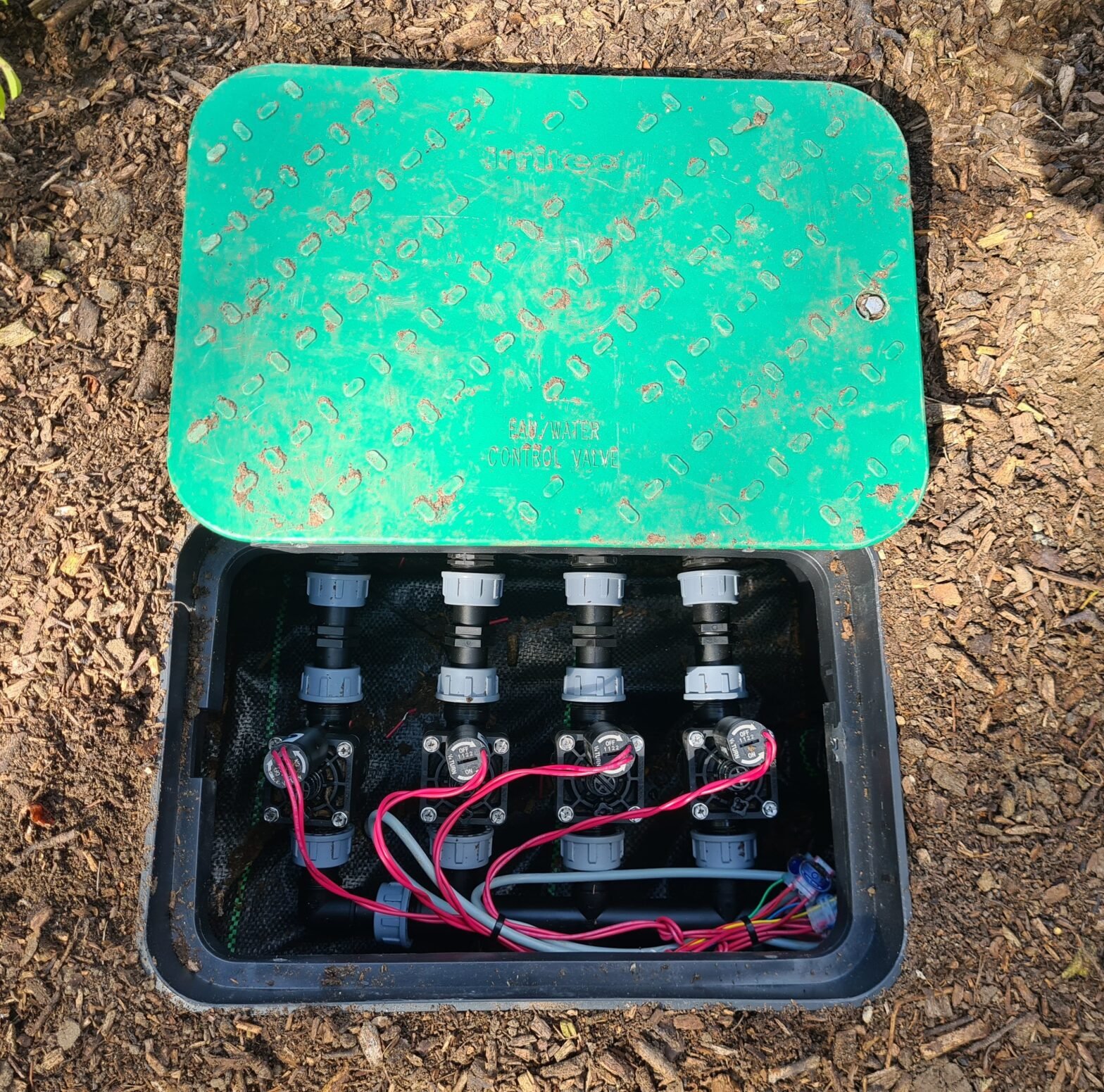Category - Control
Irrigation system control stands at the forefront of modern water-efficient practices, offering precise control and automation for optimal plant hydration. These controllers serve as the brains of the irrigation setup, orchestrating the timing, duration, and frequency of watering cycles, promoting efficient water usage.
These systems empower users to create customized irrigation programs tailored to specific zones, each with its unique watering needs. Users can set start times, run durations, and frequencies, ensuring that different parts of the landscape receive the right amount of water at the right intervals. The controllers also allow for seasonal adjustments, automatically adapting the irrigation schedule based on changing weather conditions.
In the realm of smart irrigation, many controllers are equipped with Wi-Fi connectivity, enabling remote access via mobile devices. This feature not only adds convenience but also harnesses real-time weather data for dynamic adjustments. By leveraging historical and forecasted weather information, these controllers automatically optimize watering schedules, potentially reducing water consumption by up to 50% compared to traditional systems.
Moreover, controllers often integrate with additional sensors such as rain, freeze, and wind sensors. These sensors act as environmental watchdogs, halting irrigation when unfavorable conditions arise. This not only conserves water but also protects the landscape from overwatering and potential damage.
Manual overrides provide users with flexibility, allowing them to initiate or halt irrigation outside programmed schedules as needed. This feature proves invaluable for addressing unexpected weather events or immediate landscape requirements.
In summary, irrigation system management with controllers represents a sophisticated and water-wise approach to landscape maintenance. With user-friendly interfaces, advanced connectivity options, and smart capabilities, these controllers play a pivotal role in promoting efficient water use, environmental sustainability, and the overall health of landscapes.







